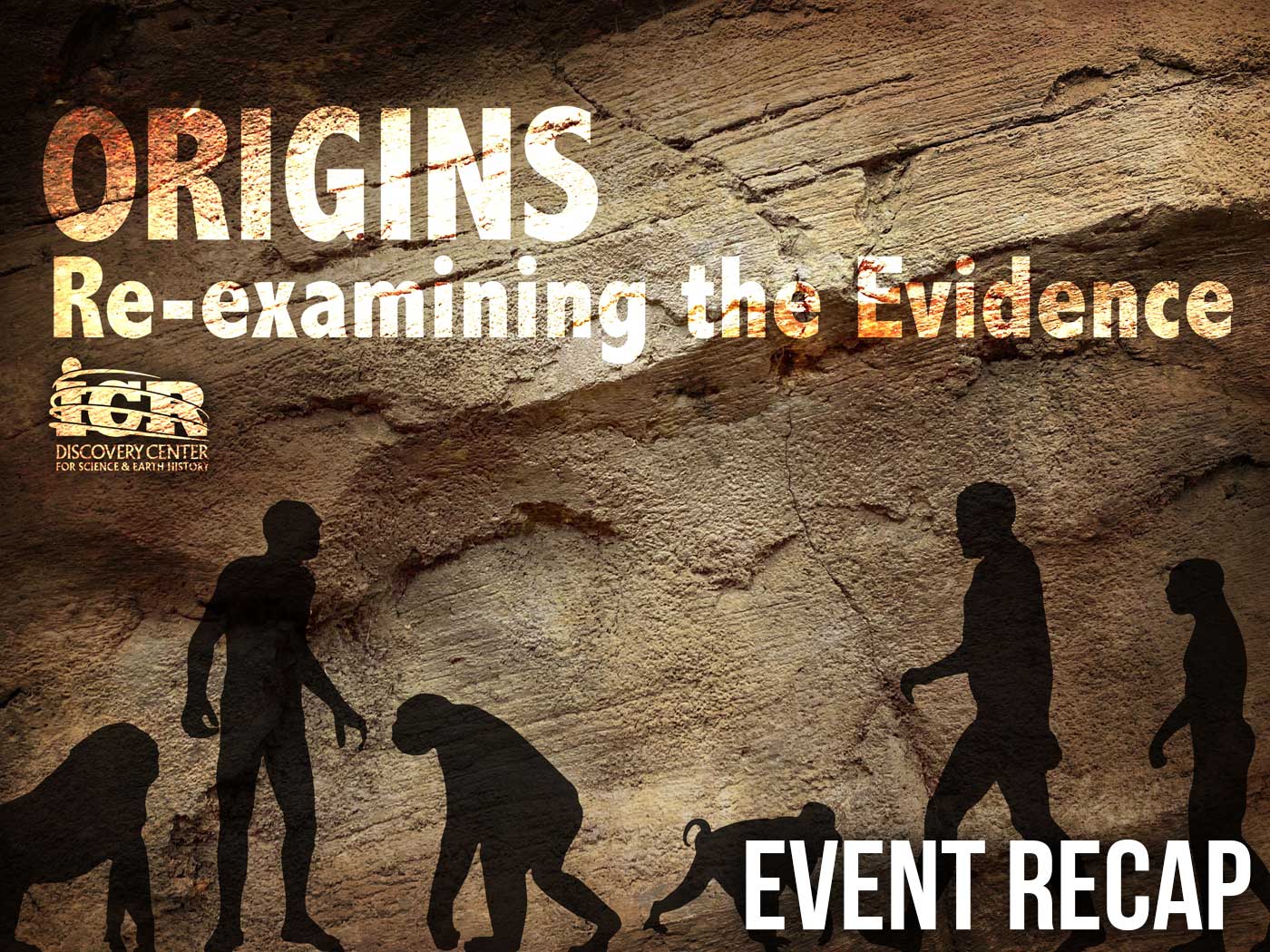Newly published research combining genetic, language, and demographic data challenges the idea of a single lineage of languages and human populations evolving out of Africa.1 Instead, the data supports the idea that multiple people groups have independent origins—a condition one would predict if the confusion of languages at the Tower of Babel happened as described in the Bible.
Both language traits and genomic variability in populations change as people migrate to new areas. Some populations split off, and others merge. Thus, while languages and DNA sequences are passed along differently, they are inextricably linked. Because of this fact, combining linguistic and genetic analyses is a logical approach to studying the dispersal of people groups across the earth.
A variety of past studies have analyzed genetic diversity in relation to language for isolated regions of the world such as Europe, India, South and Central America, parts of Africa, etc.,1 but none have done this on a global scale. Furthermore, earlier studies have been asymmetrical in their strategies when comparing DNA with languages. In other words, some researchers focused on genetic analysis and then used linguistics to interpret the results, while others analyzed linguistic data in the context of genetics. As a result, little is known about global human demographics as determined by combining both genetics and language analyses.
In this new study, researchers analyzed the largest available datasets of both phonemes (distinct sound units in a language) from 2,082 worldwide languages and genetic profiles from 246 global people groups. The authors of the study stated, "On a global scale, both genetic distance and phonemic distance between populations are significantly correlated with geographic distance," and "There is a relationship between human dispersal and linguistic variation."1
Thus, the data used in this rather extensive study helped show how humans have dispersed across the earth, but did the migrations follow evolutionary predictions? The researchers noted, "However, the geographic distribution of phoneme inventory sizes does not follow the predictions of a serial founder effect [single line of descent] during human expansion out of Africa." In other words, there was no clear pattern of dispersal coming out of Africa according to popular evolutionary dogma that insists a small group of people first evolved in Africa and then later spread across the world.
While the researchers claimed that the genetic data by itself offered support for the out of Africa hypothesis, they admitted that "genetic and linguistic data show similar signatures of human population dispersal within regions."
Both genetic and fossil data are well known to conflict with this popular, but scientifically flawed "out-of-Africa" evolutionary meme. Evolutionary geneticist A.R. Templeton clearly showed that this dogma is bunk in a famous study in which he stated that, "The out-of-Africa replacement hypothesis is strongly rejected by the haplotype tree data [genetic-ancestry analyses], and this is also supported by the fossil and current human data."2 So clearly, this recent study, taken as a whole, matches up with the well-supported fact that people groups have multiple points of origins. But, are these evolutionary points of origins?
The Bible teaches that shortly after the Flood, mankind disobeyed God's commandment to replenish and fill the earth. Instead, they stayed in one place and attempted to re-establish the same pre-Flood pagan culture that had originally filled the earth with violence and wickedness and brought about God's judgment. Therefore, God confused their language and brought an end to their centralized rebellious ambitions, forcing them to split off into different people groups. This ultimately led to the diversity among nations and people groups that we see today—a multiple-origins model based on the Bible that fits perfectly with the scientific data.
References
- Creanza, N. et al. 2015. A comparison of worldwide phonemic and genetic variation in human populations. Proceedings of the National Academy of Sciences. 112: 1265-1272.
- Templeton, A. R. 2005. Haplotype Trees and Modern Human Origins. Yearbook of Physical Anthropology. 48: 33–59.
* Dr. Tomkins is Research Associate at the Institute for Creation Research and received his Ph.D. in genetics from Clemson University.
Article posted on February 16, 2015.
























